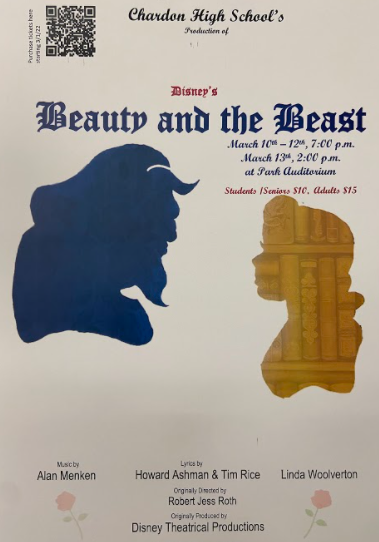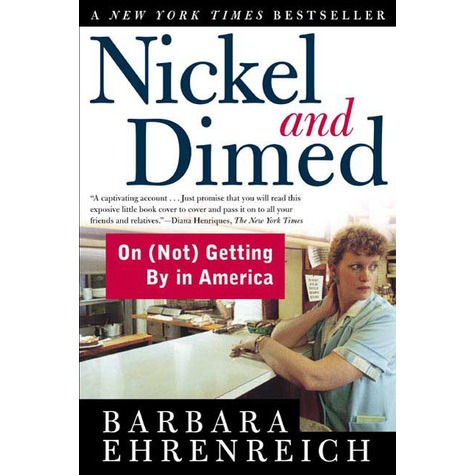Over the summer, all Chardon High School students, freshmen to seniors, were assigned the book Nickel and Dimed. In addition to every student being required to read the book, all classes from history to chemistry were encouraged to integrate the book into their lessons. The book, which was about a middle aged middle class woman trying her hand at minimum wage jobs, was part of a “Chardon Reads” summer reading initiative started by the school district in order to encourage all people in the community to “encourage thoughtful discussion and motivation” according to a district news release.
“The idea came to us to incorporate an all-community read at a faculty advisory committee last spring.” said Principal Andy Fetchik, who also said that this program was not his idea. The committee had four possible books that they were considering, Fetchik explained. The books that were considered were Seven Habits of Highly Effective Teen by Sean Covey, Sand County Almanac by Aldo Leopold and Unbroken by Laura Hillenbrand.
“Based on recommendations from the faculty board, we determined that Nickel and Dimed best fit into all curriculums.” This was the reason Fetchik cited as why the book Nickel and Dimed was chosen, “It’s about the concept of sharing a book. We’re not trying to push agenda and change opinions. We want students to have exposure to different styles of writing. I guess the key word would be awareness.” However, not all students are getting as much out of the program as was intended.
Some student comments were “We only used the book for English and that was for only three days, we only used the book about ten percent in class.”
“We only took a test on it and compared it to another book, but other than that not a whole bunch.”, another student said when asked how much they thought the book was used. The same student also did not think that an unanimous book was a good or fair idea. “I think it is unfair that different grades are reading the same thing,” later adding that different grade levels should have books tailored to their grade and reading level. In the coming weeks and months however, more teachers in more subjects other than English will integrate the book into their curriculum, with some teachers using the book well into the spring.
Regardless of whether or not the program is deemed successful it appears it will be back next summer. “We will be discussing this soon at our next faculty board meeting.” Fetchik said.

























